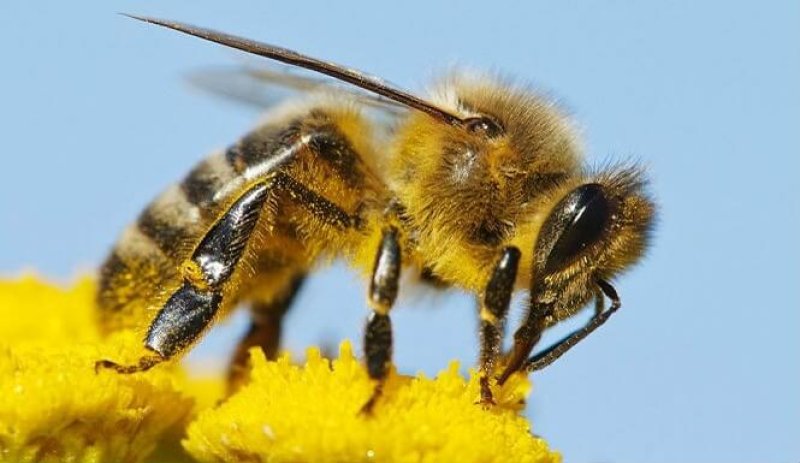Katja Hogendoorn is a native bee expert and Research Associate within the School of Agriculture, Food and Wine at the University of Adelaide:
Read full, original post: Can banning household pesticides save bees?

Katja Hogendoorn is a native bee expert and Research Associate within the School of Agriculture, Food and Wine at the University of Adelaide:
Read full, original post: Can banning household pesticides save bees?
 |
Infographics | More... |

 Did you hear the story about the GMO that nearly destroyed the world?
Did you hear the story about the GMO that nearly destroyed the world?  Viewpoint: The organic food industry is a $180 billion marketing fraud
Viewpoint: The organic food industry is a $180 billion marketing fraud  Is tilapia a human-made freak that we should avoid — or an evolutionary rockstar?
Is tilapia a human-made freak that we should avoid — or an evolutionary rockstar?  Viewpoint: US childhood vaccination rates are at a 10-year low. Here’s how fringe science views are seeping into the mainstream
Viewpoint: US childhood vaccination rates are at a 10-year low. Here’s how fringe science views are seeping into the mainstream  Are we facing an ‘Insect Apocalypse’ caused by ‘intensive, industrial’ farming and agricultural chemicals? The media say yes; Science says ‘no’
Are we facing an ‘Insect Apocalypse’ caused by ‘intensive, industrial’ farming and agricultural chemicals? The media say yes; Science says ‘no’  How common is incest? Rise of genetic testing reveals disturbing evidence
How common is incest? Rise of genetic testing reveals disturbing evidence  Embryos aren’t female by ‘default’ after all, study shows
Embryos aren’t female by ‘default’ after all, study shows  Delicious new food in the making: Catfish with alligator genes resists fish disease problems
Delicious new food in the making: Catfish with alligator genes resists fish disease problems  Dissecting claims about Monsanto suing farmers for accidentally planting patented seeds
Dissecting claims about Monsanto suing farmers for accidentally planting patented seeds  Viewpoint: What’s the science (if any) behind the regenerative agriculture movement?
Viewpoint: What’s the science (if any) behind the regenerative agriculture movement? 

Professor Ian Rae is an expert on chemicals in the environment at the School of Chemistry at the University of Melbourne. He is also an advisor to the United Nations Environment Programme on chemicals in the environment and is former President of the Royal Australian Chemical Institute: